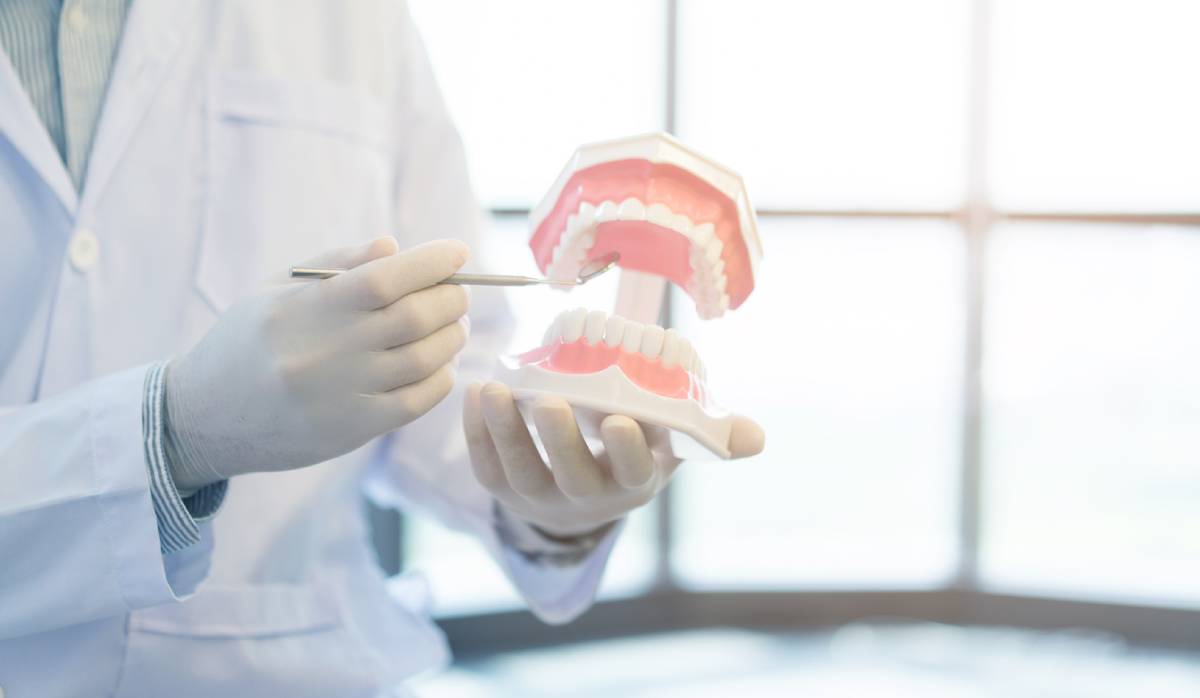Receding gums are a common oral health condition. It is characterized by the gums pulling away from your teeth and ultimately exposing the root’s surface. This can be caused by a number of different things and prompt treatment is necessary. Below you will find more information on how to identify receding gums and when to seek treatment for the issue.
How to Identify Receding Gums
A periodontist visit in Los Angeles can identify if you have receding gums. They can create an effective treatment plan that can address the issue. The treatment plan can also reduce your risk for receding gums and other harmful dental issues in the future. Consider the following symptoms of receding gums.
- Gum Inflammation: Inflammation is a common symptom and is characterized by redness, tenderness, and swelling. This occurs in the area where your gums meet your teeth.
- Notch At The Gum Line: Receding gums can cause visible gaps (also referred to as a “notch”) between your teeth and gums. You can feel the notch easily if you touch the area on your tooth. This can result in your teeth looking much longer.
- Loose Teeth: Gum recession can cause your teeth to become loose. As teeth become more exposed they don’t have as much support around them.
- Tooth Sensitivity: Receding gums can expose more of your tooth which can cause sensitivity. Foods that are hot, cold, sweet, or acidic can cause sensitivity and discomfort.
- Discoloration: You may notice that your teeth are darker or yellow near your gums. The exposure can cause discoloration.
Causes of Gum Recession
Gum recession is a common dental issue, but it requires prompt treatment. Untreated gum disease can lead to more harmful oral health and overall health issues.
- Gum Disease: This is the most common cause of receding gums as it is a highly common oral health issue. Gum disease impacts your gums and the bone that supports your teeth. The bacterial infection can lead to serious oral health issues if not treated right away.
- Poor Oral Hygiene: An inconsistent and poor oral care routine can have a serious impact on your oral health. Whether you forget to brush or floss, or just do it improperly, a poor oral hygiene routine can cause gum recession.
- Genetics: Family history can place you at a higher risk for the issue. If you or your close family suffer from receding gums, it’s critical to take preventive measures to reduce your risk for the condition.
- Smoking: Tobacco products can have a harmful effect on your overall health, but they can also impact your oral health. Smoking, vaping, and using chewing tobacco can all result in receding gums.
- Grinding: Clenching or grinding your teeth can put excess pressure on your teeth and gums. This can ultimately lead to gum recession if left untreated.
When To Seek Treatment
If you experience any of these symptoms of gum recession, it is important to visit a periodontist right away. They can determine the cause of the issue and create a treatment plan that’s right for you. This is critical to your long-term oral health as gum recession can result in tooth loss and other harmful dental issues. Preserving your natural teeth is a top priority and prompt treatment for gum recession is necessary.
There are several effective treatments that can address gum recession. The most advanced treatment method includes the pinhole surgical technique for receding gums. It is a safe and effective treatment that provides amazing results. David S. Kao is skilled and experienced in treating gum recession and other harmful oral health issues. Contact his team today to schedule an appointment!



